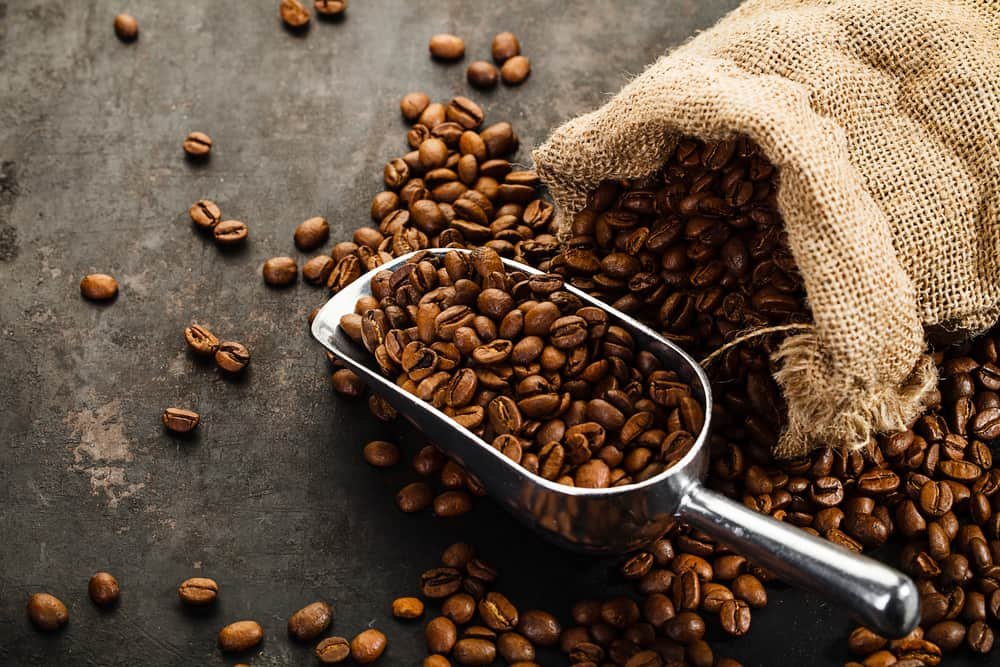Monday, 2 February 2026

India’s coffee exports have surged 125 per cent over the past 11 years, reaching $1.8 billion in 2023-24 from over $800 million in 2014-15, according to government data. The value stood at $1.14 billion in 2022-23.
The growth is attributed to sustained efforts by the Coffee Board of India, including digitisation of export documentation, regular engagement with exporters, and global market intelligence sharing. Exporters also receive financial incentives—Rs 3/kg for value-added products and Rs 2/kg for green coffee shipped to high-value distant markets like the US, Japan, and Australia.
Europe continues to be the largest market for Indian coffee, with Italy, Germany, and Belgium among key buyers. Other important markets include the Middle East, South Korea, and Japan.
The Board is also supporting value addition by subsidising up to 40 per cent of the cost of coffee processing machinery, with a cap of Rs 15 lakh per unit. “These measures are helping us reach newer markets,” said Divya Shree G S, Founder of Vidi’s Coffee.
India is the world’s seventh-largest coffee producer with a 3.5 per cent global share and ranks fifth in exports with a 5 per cent share. Annual production stands at approximately 3.6 lakh tonnes, primarily from Karnataka, Kerala, and Tamil Nadu. The sector supports about two million livelihoods.
Coffee Board CEO M Kurma Rao highlighted India’s unique position as a promoter of shade-grown coffee, which not only boosts biodiversity and soil health but also aligns with EU deforestation-free standards. Veteran grower Bose Mandana from Coorg emphasized its role in sustainable agriculture.
Specialty coffee is emerging as a key export frontier. “There’s huge potential to scale exports of Indian specialty coffee,” said Komal Sable of South India Coffee Company, which operates across India, the US, and the UK.